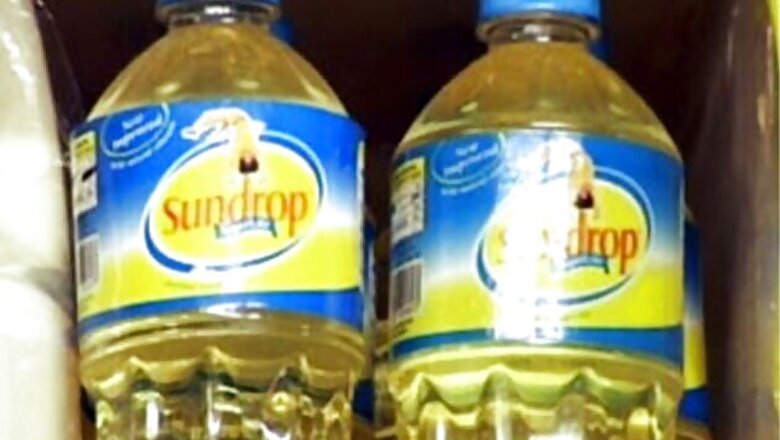
views
Edible oils constitute an important part of the food cuisine. The demand for vegetable oils has risen steadily catapulted by a combination of factors. The recent years have witnessed emergence of important new actors and trends in supply and demand. Globally this market has very different features e.g. the Chinese market is characterised primarily by large imports, whereas for India it has been a rapid increase in production and demand of the domestic market. Countries like Indonesia and Malaysia, the traditional palm oil producers and exporters, have major expansion plans as they face increasing competition from other countries such as Thailand and possibly from Colombia.
Speaking about the Indian scenario, the demand for edible oils in India has shown a compounded growth of 4.5 per cent over the last 10 years. The edible oil industry with low entry barriers has intense competition by the large scale participants in organised and unorganised sectors, thus making it vulnerable to the situations like weak harvest, price volatility, changing government policies and other factors such as increasing income levels of people - all this leading to volatile profit margins to the players in the industry.
The branded oil segment is poised to grow tremendously soon followed by the technology factor which has rendered all oils practically odourless, thus making them a suitable fit in any demography. The demand has been monotonously outstripping domestic production triggered by factors such as the increasing income levels and emerging dietary changes that drive usage of edible oils, so it can be safely concluded that the industry is all set to grow more in coming years. It is estimated that India's imports of edible oil during 2012-13 are expected to increase to 103.1 lakh tones (lt) compared with 97.8 lt in 2011-12.
The recent trend has witnessed huge demands for some newer categories of oil segments like the palm oil which accounts for 46 per cent share of total oil consumption in the country, followed by soya bean oil and mustard oil occupying 16 per cent and 14 per cent share of total oil consumption in the country respectively.
These emerging new categories of oils like palm oil hold promising answer to the limited resources we have in hands to feed the growing population, however there is growing awareness that the greater production of palm oil can increase the risk of destruction to tropical rainforest and drainage of peat land areas causing major impacts on biodiversity, climate change and the land rights of local peoples. It is therefore required to take steps to source their palm oil more sustainably, at all stages of the supply chain to help reduce the negative impacts associated with palm oil production. A coordinated action by all the players along the entire in the supply chain on our part is therefore required so that other consumers and producers support the global drive to make palm oil production and consumption more sustainable.
The DSDS session - WWF & RSPO Agro Track "Global trends in sustainable procurement /Sourcing of edible oils" will essentially focus on the major issues concerning the Industry so as to seek sustainability along the entire supply chain "from farm to fork" which can be achieved by way of creating sustainable and strong alliances of farmers with the processors, conserving the respective oil belts diversity, developing standards of sustainability in collaboration with sustainable agriculture networks, increasing the stakeholders as a probable solution for checking the price volatility existent in the market, and opting for responsible procurement strategies.
The focal point of discussion in the session therefore could be
1. Edible oil sector-Scenario analysis.
2. Discussion on emerging categories of oil segments/branded and non branded categories of oils.
3. Discussion on major challenges that need to be addressed so as to seek sustainability along the entire supply chain for example: - fluctuating commodity prices, demand supply mismatch, product portfolio analysis in the segment.
4. Responsible procurement strategies for palm oil-an elaborative discussion on sustainable palm oil procurement /palm oil plantation models
5. Development of sustainable self-reliant, self-supply mechanisms so as to address commodity price volatility.
Dr Nutan Kaushik is Senior Fellow and Pooja Adhikari is Marketing and Research Analyst at TERI.














Comments
0 comment